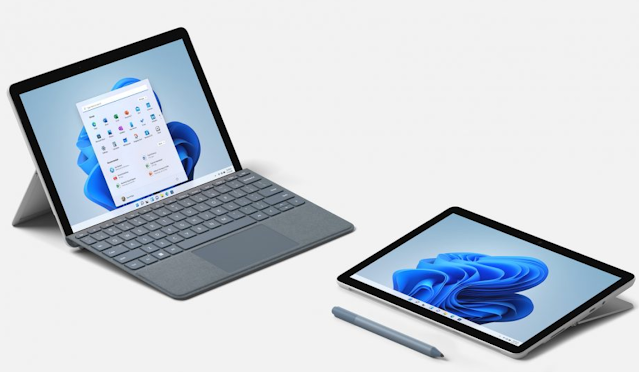Meta announced today that it is opening up Horizon Worlds to teen users in the US and Canada, after restricting the social VR platform to users 18 and older. As part of the expansion, the company says it is introducing age-appropriate protection and security features.
The move prompted lawmakers and children's rights activists to call on Meta to abandon plans to open the platform to younger users.
Read Also: Snapchat Expands Creator Content; Launches Public Stories, Monetization Program
Today's announcement comes as no surprise, as a leaked memo revealed in February that Meta plans to open access to Horizon Worlds to users between the ages of 13 and 17, when Senators Richard Blumenthal (D-CT) and Ed Markey (D-MA) called Meta We wrote a letter to CEO Mark Zuckerberg asking him to halt the plan, arguing that it would be a bad idea to enter "a potentially harmful digital space" for teenagers.
Meta says it is investing in new security features, including background protection and parental controls that allow parents and teens to manage the experience before making Worlds for this age group. The company said it is gradually rolling out Horizon Worlds to teenagers to carefully review usage before expanding more.
Women can choose who they follow and who they can unfollow, and their profiles are automatically personalized, meaning they can approve or reject who they want to follow. By default, Meta will not reveal the teen's active status and Horizon Worlds location to anyone, but these settings can be changed, as teens can choose which social worlds or events they can use online, or which social worlds or events they can view. they entered.
"We use content assessments to ensure our students have age-appropriate experiences in the World," Meta said in a blog post. "For example, the rating of mature worlds and events prevents teenagers from searching, viewing, or entering places that contain mature content. Our policy prohibits the publication of mature worlds or events. Worlds that violate this policy will be destroyed," he said.
Read Also: Apple, Google issue ‘warning’ to Amazon over Kindle App
Meta will also cover the voices of people unknown to teenagers. The speakers will also be turned off, so strangers won't be able to hear them.
In addition, Meta says that teens will limit interactions between teens and adults by not showing adults they don't know in the "people you know" list.
For parents, they can set parental controls Worlds by inviting teenagers to join, despite what Meta Family Center offers. Once this is set, parents can view, configure and lock security features. Parents can see who the teen is following and what the teen is following. Controls allow parents to see how much time teens have spent in Worlds, as well as prevent teens from using Worlds altogether.
In the days leading up to the news, children's rights activists had asked Meta to abandon plans to attract young teenagers to the social VR platform, fearing it would expose them to explicit sexual and homophobic content.
Read Also: Microsoft is reportedly working on a smaller Surface Pro and Arm-powered Surface Go 4
Meta has also struggled to protect users when using the platform. After the first use, some users reported being caught and sexually harassed in Horizon Worlds. To solve this problem, Meta later released the "personal border" feature. Many platforms can feel like a free-for-all, as public speech-based interactions are difficult to moderate.
Although Horizon Worlds was technically restricted to adults before this expansion, many people reported that the platform was flooded with young users who could easily exceed the platform's age limit.








